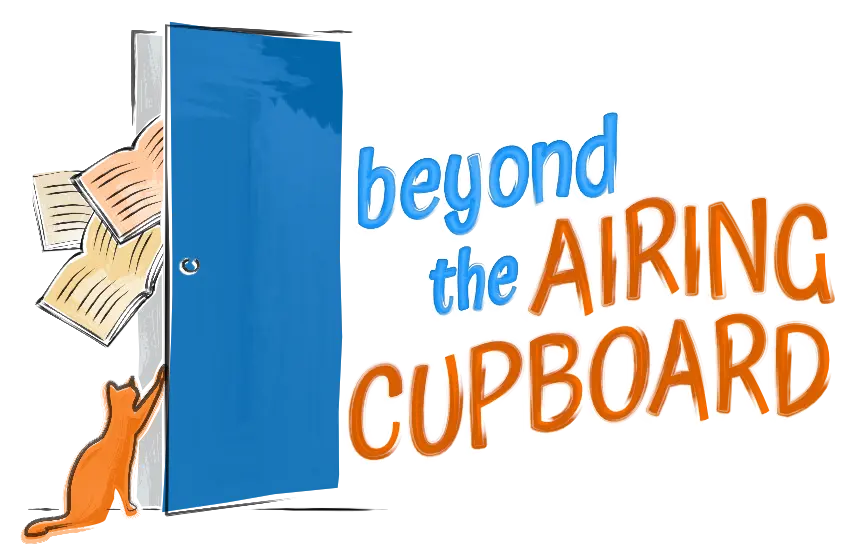Of lately, I seem to have a habit of looking at the end of a book before I start reading it. I hasten to add that I don’t mean that I read the very end of the story, although I do know people who (very strangely) do that. Instead what I’m after are those strange endpapers which in many books are totally blank but in some have interesting reading. There are often lists of thanks and acknowledgements and these frequently demonstrate how much writers appreciate their editors but if I’m lucky there will be more. Lists are good: bibliographies, further reading, maps occasionally and of course frequently information about the author. Sometimes there are suggested questions to be used at book groups. I’m not a member of one but it’s thought provoking to see what might be discussed. And then, just occasionally you hit gold. Kate Mosse is good at giving further history to her books and background as to what formed her ideas. Sometimes the author writes what they often call an ‘Afterword.’ I have just read ‘A long winter’ by Colm Toibin and here the writer explains the background that brought the story to fruition. It feels a little like sitting down with coffee and pastries and having the author all to yourself for a short while.
The Ends Of Books
by
Tags:
